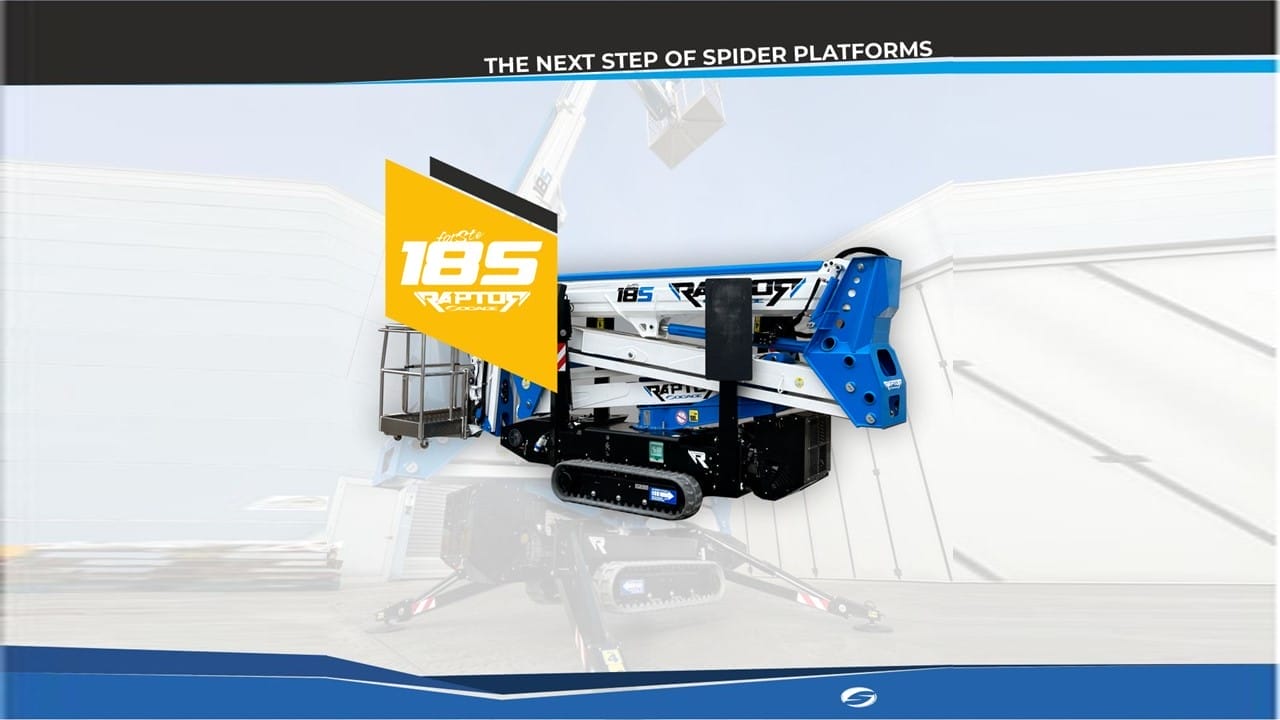A complete guide for those entrepreneurs who want to start a construction business.
With the construction industry booming, there is no wonder why so many new businesses want to join in on the game. However, starting a construction business requires careful planning and pragmatism.
There are many pre-steps you need to consider before you sit down to pen the registration of your business. If you are keen on starting your own business, we are here to lend you a helping hand with our expertise. Read on as we are going to share some valuable tips for every beginner.
Start with a business plan
Right from the get-go, you will need a solid business plan. Businesses without strategy and plan rarely do succeed, on the other hand, businesses with a plan have a clear path to success. Of course, you might be intimidated at first if you are inexperienced, but you can always use a construction business plan template to make things easier for yourself. Serving not only as a strategy, business plans is crucial further down the road when you potentially ask for funding or when you are looking for new partners.
Your business plan must include the following components:
- Executive summary;
- Company overview;
- Industry analysis;
- Customer analysis;
- Competitive analysis;
- Marketing plan;
- Operations plan;
- Management team;
- Financial plan;
Set up a home base
Construction is a delicate business that requires careful planning, brainstorming, and communication. For all of that to be possible, you need to set up headquarters that will serve as a hatching point for all of your ideas and the managerial center of your business.
Be sure that the chosen base satisfies all the storage needs since you will need enough space to set up a warehouse where the gear and equipment will be stored. Be sure to procure top-of-the-line protection gear – traffic safety for your vehicles, safety cans, and blue plastic barrels for transport and containment. In addition to that, adequate parking places for heavier vehicles are also a must.

Research and funding
To better understand the general construction landscape in your area, you might consider a visit to the U.S. Small Business Administration (SBA). Here you will find information on customers and business markets. Take a closer look at the competition and how often are contractors likely to get hired.
With a business plan in hand, pitches will become much easier and people will look to invest in your business. The funds are very important for every aspect of this business, ranging from safety to management. On the official website of the USA Government, you can also find different types of loans so be sure to check them out.
Register your business
Registering a business should be fairly simple. First things first, start by getting your Employer Identification Number; this can be done online via the IRS webpage. Then, the question of business entity rises. If you decide to be the sole proprietor, you are going to enjoy full control of the business, but there are some downsides. For example, if a debt occurs, the bank will hold you responsible and personal assets can be seized. Limited Liability Company (LLC) on the other hand is designed to help you separate your assets and debts from your company.
There are other business entities that you can register as. The C corporation model is quite similar to the LLC one but C Corporations work with shareholders. Working with shareholders makes it easier to raise capital but the ownership is divided. In addition to that, the C Corps are subject to double taxation and filling as a C Corp has a higher fee and a bunch of paperwork. Carefully go over your options and if you are not sure, you can always consult a lawyer.
Get the right paperwork
Depending on your trade and the state you plan to set up shop in, you are going to need specific licenses and permits before work starts. A trip to the Contractors board and your local Department of Labor will shed some light on the exact documents you may need.
Insurance
Due to the dangerous nature of the construction business, insurance should be at the forefront of your thoughts. Here’s a list of types of insurance every construction company should have:
- General Liability Insurance: Protects you in case of worksite injuries, property damage, etc;
- Property Insurance: This insurance covers you in case theft or damage happens at your base;
- Vehicular Insurance: It’s only logical that you will want your heavy machinery insured as well;
- Workers Compensation Insurance: Covers worker-related injuries that happened on-site;
- Unemployment Insurance: This insurance provides monetary assistance when an employee loses their job for reasons beyond their control;
- State Disability Insurance: SDI provides partial wage replacement when a worker is injured and as a result of that can’t work anymore.
Final Thoughts: A Construction Business Startup
Construction business is a serious business that requires careful planning before entering it. Closely read our guide and make notes of what you need to do. With that, we conclude our guide and wish you the best of luck.














